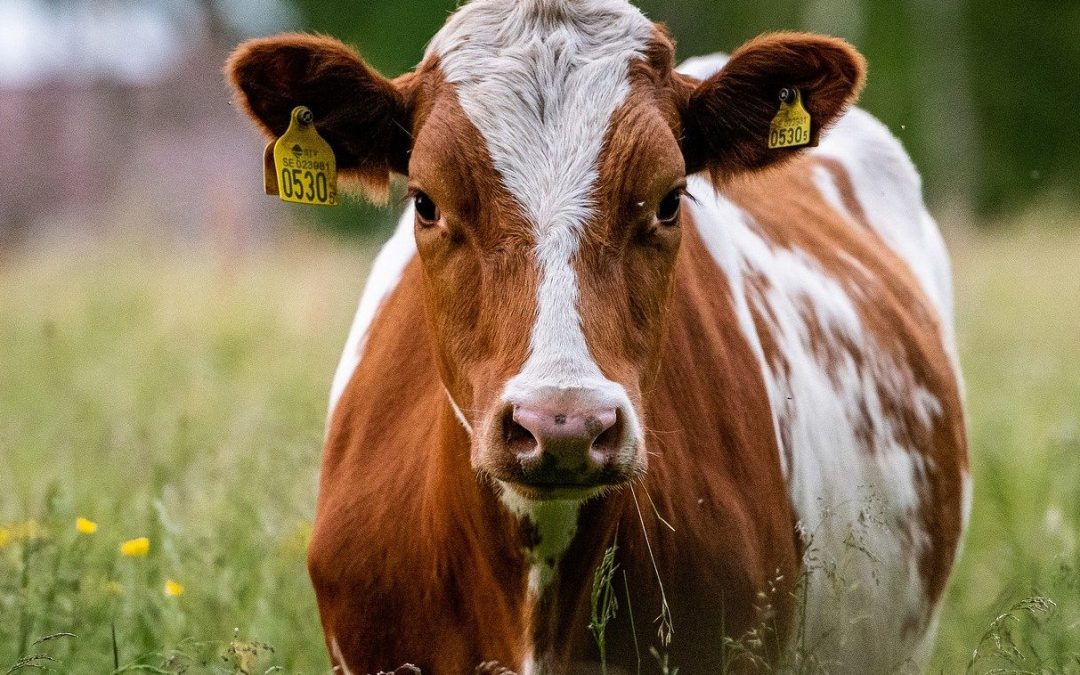Deciding to go solar requires a lot of thought, and farmers know it best: powering an agricultural business takes a lot of energy. However, at a time when our population growth and the progression of the agriculture industry are increasing demand for products, and climate change is challenging the lives of farmers everywhere, solar is a safe and profitable solution that could save the environment and your wallet. Solar for small-scale Minnesota farmers is an investment that has a range of benefits that are energy-efficient, cost-effective, and helpful to the environment.
Cost-Efficient and Profitable
Investing in solar panel systems for your agriculture business is a great way to save money in the long run. With many state and federal solar programs and grants, you’ll likely have little to no upfront costs when it comes to installing your agriculture solar system. Without start-up costs, you could begin saving money on electricity as soon as your system is installed. Any necessary costs will, in many cases, still be lower than what you were paying for your monthly electric bill. To put that into perspective, a payment toward your solar panels will be substantially lower than your already budgeted bills, saving you money in the long run and possibly right away. In some cases, small-scale Minnesota farmers can sell excess electricity back to their electric company, making a profit each month.
Make a Positive Environmental Impact
Relying on grid power to keep your farm running may be contributing to climate changes, including fossil fuel usage and dangerous emissions that harm our atmosphere. Choosing to install solar panels for your farm instead of using grid-tied energy helps slow those negative effects of climate change. At a time when we need immediate action to delay climate change before the effects become irreversible, solar is a solution that should not be overlooked, even for the smallest of farms.
Help Your Crops Thrive
Small-scale Minnesota farmers know just how unpredictable each season is. A month of erratic weather can erase the profit for the season. Luckily, solar can help stabilize each season. Farmers, and a variety of other businesses, are using solar to grow plants and crops. By growing crops under solar panels for farms, you can help your crops survive drought-like conditions, especially in the heat of the summer. Solar panels can also help regulate the soil temperature by absorbing the sunlight before it reaches the ground. Regulation is incredibly helpful for farmers who are looking to extend their growing seasons for cool weather plants. Not only could this increase profit each season, but solar panels provide a safety net in uncertain times.
Let Your Livestock Graze
Many farmers who install ground-mounted solar panels continue to let their livestock graze the land where the system is installed. Free-range poultry and sheep are among the livestock commonly used as vegetation control at many solar facilities. Since these animals are smaller, they don’t pose a threat to the solar systems since the height of the modules provides plenty of room for the livestock to graze underneath without affecting the panels.
We do not recommend allowing larger livestock, like cattle, to graze near the solar system due to the potential damage to the panels. Installing a security fence is an easy solution that still allows the livestock to graze without affecting the modules.
Available for Any Farm, Anywhere
You may be wondering if your farm can be powered by solar energy. Whether it’s your irrigation systems or electric fences for livestock, we assure you, solar energy can power it all. You can even choose to power your home with solar energy.
Our team at Cedar Creek Energy is happy to provide a free energy bid and answer any questions you may have before you choose to make the switch. So contact our team today to begin your solar journey.

